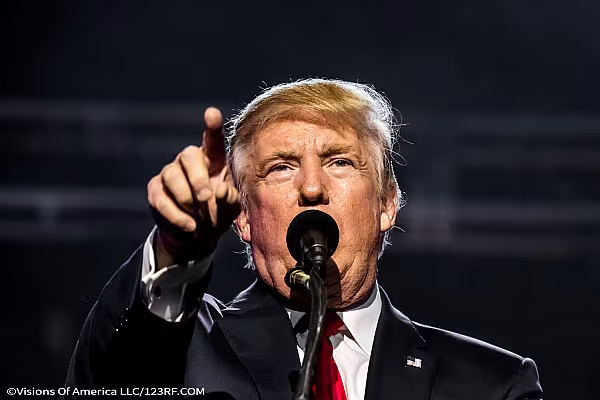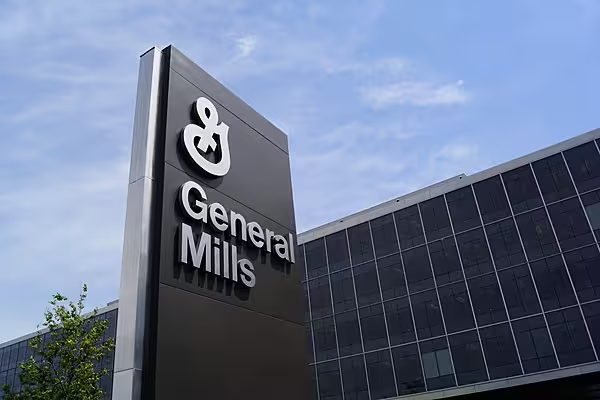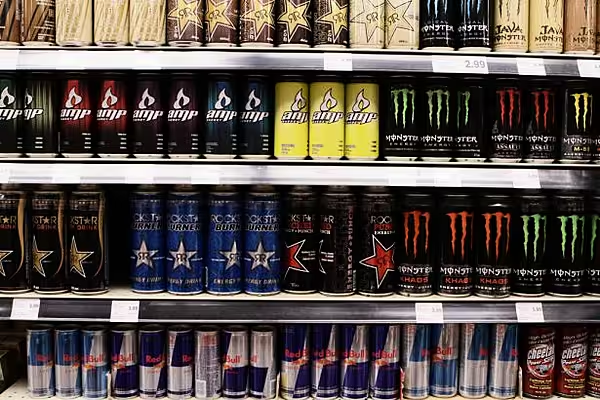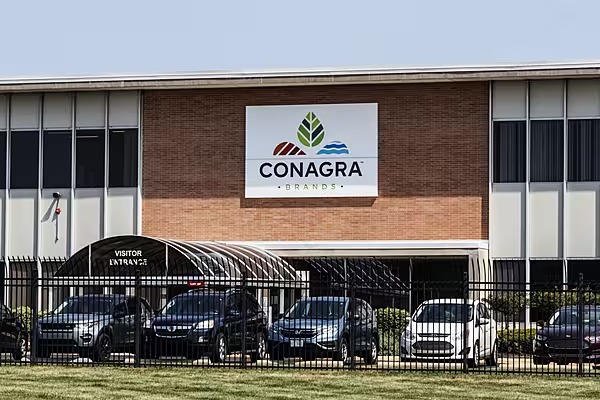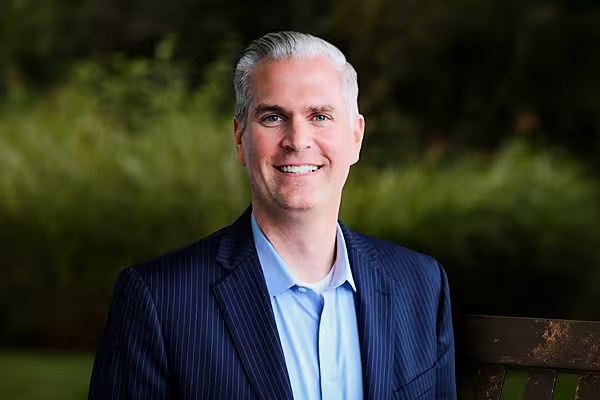Some 77% of global CEOs believe that economic growth will improve over the coming year, with industry leaders in India (94%), Japan (83%) and the UK (82%) the most optimistic, the latest edition of PwC's Annual Global CEO Survey has found.
At the same time, respondents in the US (70%) and China (62%) were the least optimistic about economic growth in 2022.
Some 4,446 chief executives from 89 countries responded to the survey, which was carried out in October and November 2021.
It found that CEOs are most concerned about the potential of a cyber attack or a 'macroeconomic shock' to undermine their company's financial goals.
While they are less concerned about issues such as climate change and social inequality – just 22% of survey respondents have made net-zero commitments – those that have made commitments in these areas head up companies that tend to be 'highly trusted', the study found.
'Resilience Of Global Economy'
“While the ongoing pandemic and emergence of new variants cast a shadow over the year, the high level of CEO optimism we found speaks to the strength and resilience of the global economy and the ability of CEOs to manage through uncertainty," commented Bob Moritz, global chairman, PwC.
"There is nothing 'normal' about the world we are working in, but we are getting used to it. We are seeing differences in confidence among countries, and there is no shortage of challenges to navigate, but it is encouraging that CEOs we spoke with on the whole feel positive about 2022.”
Risk Aversion
Just under half of CEOs (49%) identified 'cyber risks' as the top threat to growth within their business, followed by 'health risks' (48%) – notably, the survey was undertaken just before the Omicron variant surge.
'Macroeconomic volatility' was identified by 43% as the top threat to business growth, followed by 'climate change' (33%), 'geopolitical conflict' (32%) and social inequality (18%).
In terms of the specific knock-on effects of these risks, CEOs do not appear especially concerned as to whether these risks will inhibit their ability to raise capital, the study found.
That said, health risks and social inequality raise concerns over the ability to attract and retail talent, while cyber risks are seen as having a potential impact on innovation as well as sales.
“When CEOs look at the next 12 months, they are understandably concerned about potential threats to short-term performance that could result from disruptions, including macroeconomic volatility, cyber and health risks," Moritz added.
"While threats such as climate change and social inequality are further down the list, it is critical not to lose focus on these more long-term issues as they will define what sort of world we live in and hand down to the next generation.”
The full report can be found here.
© 2022 European Supermarket Magazine. Article by Stephen Wynne-Jones. For more A-Brands news, click here. Click subscribe to sign up to ESM: European Supermarket Magazine.




